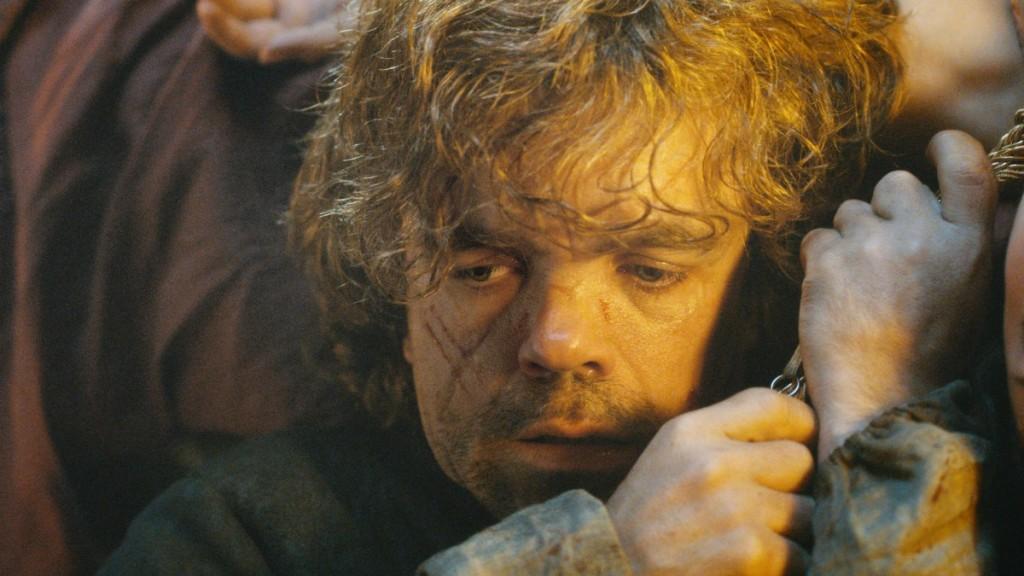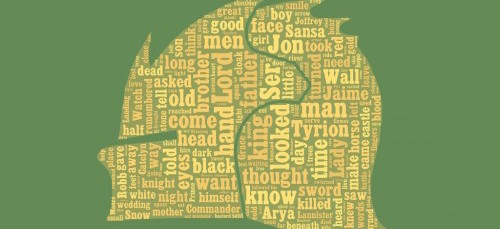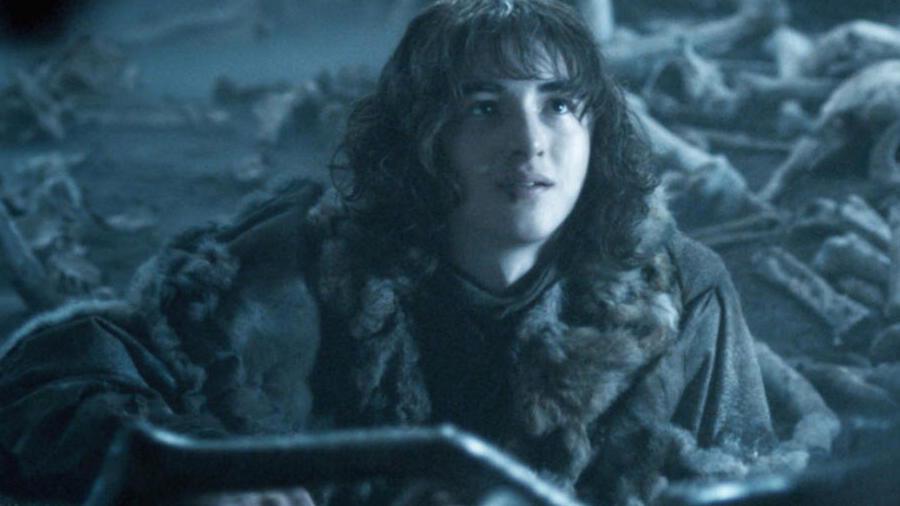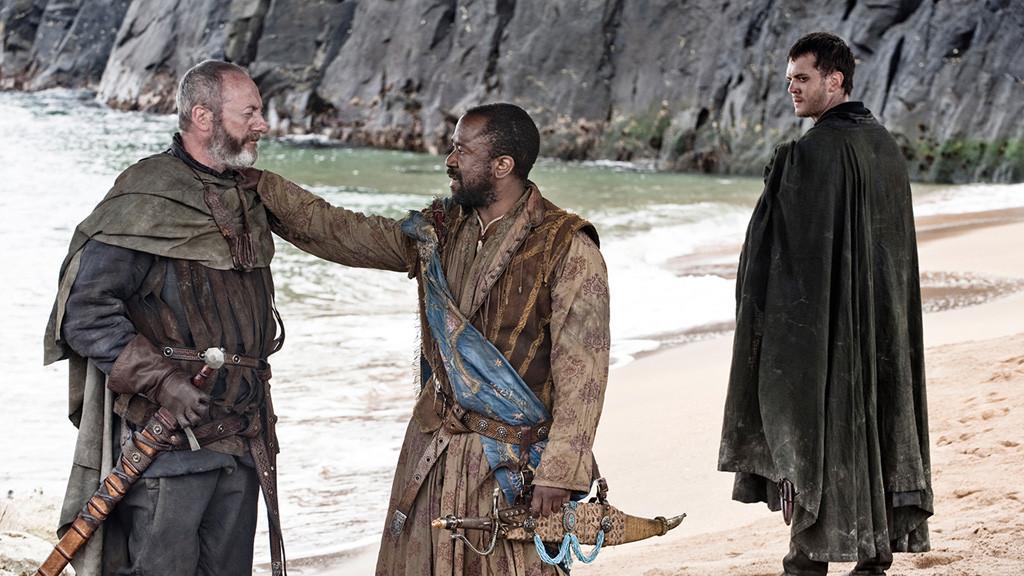Note: there is some speculation contained within this post regarding Game of Thrones’s sixth season. Although it is just conjecture, it is well-informed and, thus, may end up spoiling some of the show’s future developments. Please proceed at your own caution.
One of the most interesting aspects of Game of Thrones’s adaptation process – and, indeed, one of the main reasons the television series is one of the best adaptations out there – is how showrunners David Benioff and Dan Weiss choose to carve up George R.R. Martin’s overriding narrative into various seasons not according to a particular book, but, rather, according to a particular theme.

Take the most recent season as an example. The main thematic motif uniting all the myriad plot threads and character arcs throughout season five’s 10 episodes is imprisonment: Cersei Lannister gets incarcerated by the Faith Militant; Daenerys Targaryen becomes a prisoner of sorts of the office that she herself chose to adopt, but then gets taken captive by the Dothraki (or so we think, at least); Arya Stark finds herself trapped within her own need for revenge, no matter the cost; Sansa Stark becomes Ramsay Bolton’s brutalized plaything; Myrcella Baratheon may or may not know it, but she’s a political hostage of the Martells, some of whom desperately want her dead; and Tyrion Lannister becomes literally enslaved but can be said to be the figurative hostage of other people’s game-playing for much of the series, from Lord Petyr Baelish to, most recently, Varys and Magister Illyrio Mopatis.
Continue reading →
 Israel’s YNet news website is reporting this week that two Israeli performers are appearing in the sixth season of Game of Thrones. YNet says that Ania Bukstein an Yousef ‘Joe’ Sweid have both won small roles on the show next season.
Israel’s YNet news website is reporting this week that two Israeli performers are appearing in the sixth season of Game of Thrones. YNet says that Ania Bukstein an Yousef ‘Joe’ Sweid have both won small roles on the show next season.




 We want to thank everyone once again for joining in this week and entering the Holiday Giveaway! We have the best and most supportive readers, here at Watchers on the Wall, and we really appreciate the fun community the fans create together.
We want to thank everyone once again for joining in this week and entering the Holiday Giveaway! We have the best and most supportive readers, here at Watchers on the Wall, and we really appreciate the fun community the fans create together.


